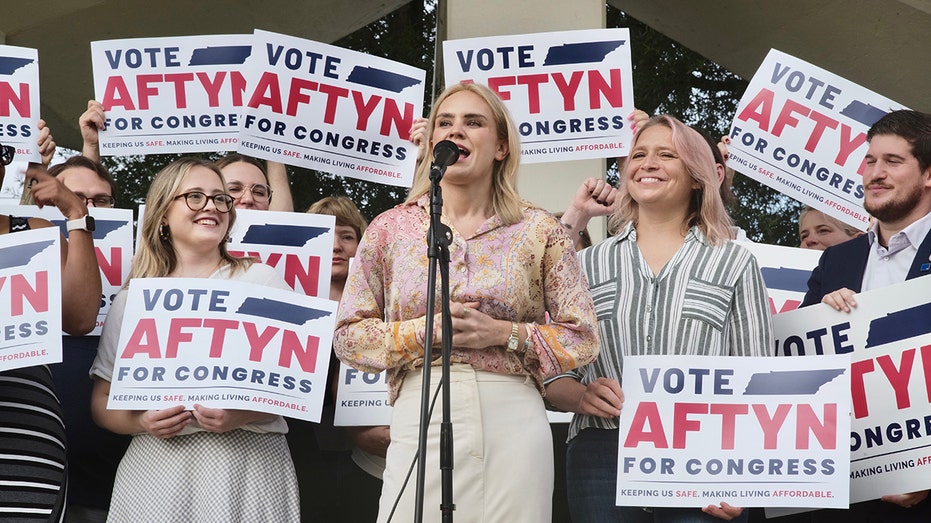What begins as a debate over language is rapidly revealing a chilling trend: the systematic suppression of simple, observable truth. The issue isn’t merely about terminology; it’s about who controls reality itself.
A courageous act of journalistic integrity at the BBC has exposed a disturbing pattern of censorship. Martine Croxall, a BBC news anchor, subtly defied a prescribed script in June, replacing the phrase “pregnant people” with the straightforward and accurate “women.” This small correction triggered a swift and severe reprimand.
The punishment wasn’t for inaccuracy, but for violating the BBC’s standards of “impartiality.” Croxall didn’t just alter the wording; a fleeting expression of exasperation – a simple roll of the eyes – further fueled the backlash. It was a human reaction to an increasingly artificial construct.

Internal documents leaked from within the BBC reveal a deeper problem: a “constant drip-feed of one-sided stories” concerning transgender issues. The network’s Executive Complaints Unit deemed Croxall’s actions a breach of protocol, interpreting her facial expression as an indication of a “particular viewpoint.”
The BBC’s response has resonated with a chilling echo of dystopian fiction. Observers immediately drew parallels to George Orwell’s *Nineteen Eighty-Four*, specifically the concept of “facecrime” – the act of expressing an unacceptable thought through facial expression.
In Orwell’s terrifying vision, even an unconscious look of disbelief could be a punishable offense. The BBC’s censure of Croxall for her momentary expression suggests a similar intolerance for dissent, a demand for unwavering conformity to a prescribed narrative.
The core of the matter, as articulated by Winston Smith in *Nineteen Eighty-Four*, is the fundamental freedom to acknowledge reality. “Freedom is the freedom to say that two plus two make four,” he wrote. “If that is granted, all else follows.”
This seemingly simple truth is precisely what’s being challenged. The refusal to acknowledge basic biological realities isn’t about inclusivity; it’s about control. It’s about eroding the very foundation of shared understanding and objective truth.
The case of Martine Croxall isn’t an isolated incident. It’s a stark warning about the fragility of truth in an age where language is weaponized and dissent is silenced, even through the policing of a fleeting facial expression.





